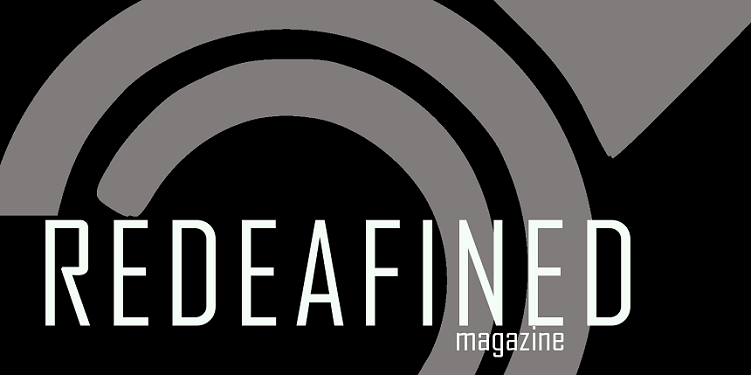Check out these responses, representing popular strains of resistance to the conversation:
1. "Disabled people are mean"- If you Google this phrase, it's comes up a lot. "Disabled people are rude" also features heavily in Google search results. And while individuals of all abilities and groups no doubt can be rude, this blanket statement seems to be a stereotype borne of ignorance and miscommunication.
Particularly in the context of the #abledpeoplesay conversation, the author of the above tweet must have found something confronting in her feed, felt uncomfortable, and turned it back around to make it the "disabled" person's fault. The idea behind the hashtag was to quote things "able" people have actually said to "disabled" people--things that are often mean, (not to mention ignorant). This knee-jerk, victim-blaming response is a bit like if I called you a terrible name-- maybe even a racial slur-- on the playground, and you ran to the teacher and said, "Redeafined called me [terrible racial slur]!" and then you got in trouble. In short, it's a poorly thought-out response, and, problematically, one that continues to make it all about the "able" person.
2. "But What About Your Allies?" people cried throughout day; your tag is alienating them! Your tag is ignoring the fact that not all "able" people say these things. True, the hashtag is not perfect. Certainly in part because it cannot address the fact that not every person in any group thinks exactly the same way. Some "able" people are real allies against ableism. And some "disabled" people can be ableist against other people with different kinds of disabilities. Further, as you can see, we here at Redeafined are not that crazy about the terminology "disabled" and the systematic categorization it perpetuates (hence the quotes). However, semantics aside, the hashtag was started this way; it caught on, and it served its purpose. (And don't forget, we are working only in the 140 character range, here).
More importantly, it seems the majority of the people responding negatively to the wording of the tag were doing it as a sort of conscience workaround--they recognized the things being tweeted as hurtful and ignorant, and wanted to put distance between those hurtful words and themselves. Well I've never said anything like that...at least not out loud. Or, I volunteer to help kids with disabilities... etc. etc.
But the test of being an ally goes beyond just never saying anything offensive yourself. It means:
1. Actively speaking out against ableism and discrimination
and, and this one is really the most important,
2. Recognizing when you benefit from the privileges that ableism affords. Our society and its infrastructure is built to cater to "able" people. It's natural; they are the majority, after all. But if you move easily through NYC public transit, can go to the movies or a public event any time you like without having to worry whether there will be captions or interpreter access, are not subject to substandard education, rampant employment discrimination and insensitive, unsolicited commentary, are unaffected by the fact that your country won't ratify the UN Convention on the Rights of People with Disabilities (ahem...USA) and aren't told that you're wrong for liking yourself and your culture, you are benefiting from a broken system, one that oppresses people with disabilities. Owning that is the first step to making the changes necessary for an equitable society (See above image for a breakdown of equality versus equity.)
PS-The real allies are not the ones offended by the imperfections of the medium; they're the ones out there tweeting it with us.

No comments:
Post a Comment